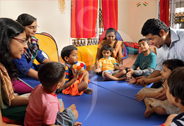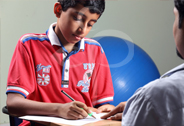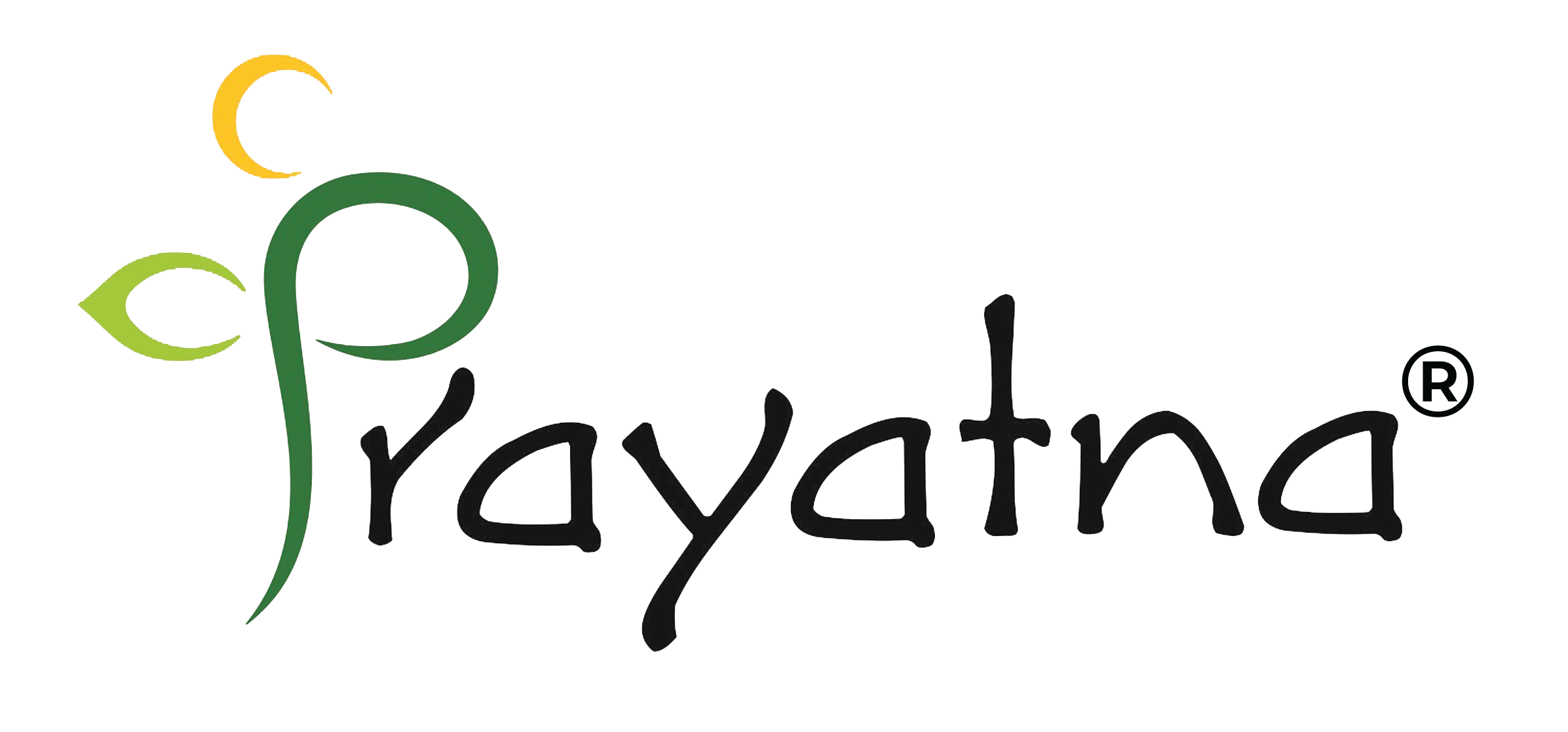Special Education

Special Education focuses on systematically monitored teaching procedures with adapted equipments and materials to help learners with special needs achieve a higher level of personal self-sufficiency and success at school and community.
Learning Centre
Our Learning centre provides Individualized Education Program for enhancing the academic and social skills in children in two categories:
Early Intervention Playgroup (Age 2-5)
Learning Centre (Age 6-14)
Early Intervention Playgroup (for age 2-5) with Individualized Education Programme (IEP)
Play to learn ... Learn to achieve!
Early Intervention Playgroup is an educational programme for very young children between the age group of 2-5 who are at risk or with developmental disabilities. This programme is intended to stimulate their brain and maximize their chances of reaching normal milestones in development.
A child may need early intervention in learning if he/she fails to,

- Express emotions, needs & demands
- Identify shapes, colors, familiar objects
- Imitate /maintain independent play - like role plays or playing in sandbox etc.
- Participate in group activities
- Enjoy doing things on own - getting dressed, tying shoe lace
- Show interest in animals and their sounds
- Remember short sequences of events of 2-3 steps
- Speak clearly to be understood or tell simple stories
- Hold a writing tool with a fist or finger grasp
In Early Intervention Playgroup, our team of trained special educators observe, evaluate and introduce planned individualized education programme for the child in coordination with his/her parents for developing social and academic skills of the child.
The objective of Early Intervention Playgroup is to
- Promote child's age appropriate growth & development and prepare the child for the next stage of schooling
- Improve parenting skill
Individualized Special Education in Early Intervention Programme helps in

- Building functional communication skill through system gestures and signs
- Developing Life skills required for everyday routine
- Enhancing social interaction skill
- Improving joint attention skill, play and imitation skill
- Management of sensory issues
- Introducing pre-academics for smooth transition to next level
This programme benefits Children with
- Delayed Developmental Milestones
- ADHD
- Autism
Our Team

Our team of professionals includes Clinical Psychologists, qualified and experienced special educators specialized in learning disability and rehabilitation.
Learning Centre (Age 6-14) with individualized special education programme
Our Learning Centre caters to the educational needs of children between ages 6 - 14. All children are unique in their academic achievement. While 'many' reach their goals, 'some' fall behind or do not reach their goal in time due to many reasons. The two common causes for such fall backs are learning disability and slow learning. Unless and until the problems are identified and resolved 'some' always fall behind. Prayatna's Learning Centre understands the 'some' who fall behind and assists them to reach their goals through adaptive learning methods.
Learning Disability
Learning style varies from person to person. Learning process involves listening, perceiving, thinking, analysis, memory and expression. Some children face difficulty in any one or more of the learning processes and fail to learn efficiently despite normal intelligence.
Learning disability refers to disabilities specifically in reading, writing or mathematics which may be overlapping or co-occurring. This invariably affects skill development and performance of a child.
Signs of Learning Disability:
An alarming indicator of learning problem is failure in class tests and exams. Signs of disability also include:
- Mixing up of small and capital letters or different sized letters
- Missing, adding, or replacing the letters in words
- Reversing the letters in words like u for n, m for w, p with b, 9 with 6 etc.
- Difficulty in reading
- Difficulty in writing
- Difficulty in pronouncing the words
- Incomplete notes
- Always puts on wrong shoes on feet.(left right confusion)
- Pointing greater & smaller, more or less
- Making parts into a whole number
- Grouping based on size, shape and colour
- Naming numerals
- Copying numerals
- Understanding concept of units and places
- Mathematical judgment and reasoning
- Not least
- Poor comprehension
- Disorganized activities
- Moodiness or over active
- Confused and fidgety
Individualized special Education Programmes
Our team of experienced and qualified professionals assesses the child for proper identification of the nature, type and amount of learning difficulties or deficiencies. Our team documents the actual level of performance on various classroom tasks in order to provide an individualized education plan for the child.
Our Special Educators help children with learning disability by,
- Carefully planned lessons for small learning increments
- Computer aided activities & learning
- Highly structured and intensive instruction
- Briefing out lessons
- Associated learning
- Memory games
- Storytelling and comprehension program
- Dramatic activities
- Diary writing
- Social education
- Personality development
Our adaptive learning method focuses on all aspects of personal development of the child. Behavior therapy approach helps in modifying or managing the behavior of learning thus guiding the child to acquire desirable learning behavior. Early diagnosis and proper training will help your child in achieving academic goals.
Slow Learners
Slow learners are referred to those who fall behind in their school work which may be due to various factors including lack of emotional growth, lack of secure environment, opportunities for learning, absenteeism from school, untrained teachers, large class size etc. Opportunities for learning are essential for the development of a child's cognitive abilities.
Signs of slow learners
A slow learner could be identified if he /she shows following characteristics:
- Speech defect in early years ( 2-6 years, improper pronunciation)
- Problems in language development (broken sentences)
- Limited Vocabulary (limited usage of words for expression)
- Poor or slow activities (affects daily routines)
- Child behavioral problems
- Problem in decision making
- Lack of interest in school activities
- Do not show initiative in group activities
- Has difficulty following multistep directions
- Scores consistently low on achievement tests
- Poor organizational skills
- Spelling mistakes
- Reading problem
- Difficulty in transferring and generalizing information
- Poor self image and self confidence
Our Special Educators help slow learners by
- Reading with meaning
- Computer aided activities & learning
- Briefing out lessons
- Associated learning
- Memory games
- Storytelling and comprehension program
- Dramatic activities
- Diary writing
- Social education
- Personality development
Procedures:
- Assessment of child's level of functioning
- Discussion with parents for goal setting
- Planning & Implementation of effective learning techniques
- Periodical evaluation of intervention for academic achievement
- Parental education & Counseling
The child can participate in the adaptive learning programme after school hours. The individual sessions may be scheduled for 45 minutes or more on a regular basis as planned by the skilled special educators.
Our team provides direct, specialized instruction and academic remediation as individuals or in groups depending upon the child's level. Our approach facilitates understanding the capacity of each child and adapts methods of easy learning within their capacity.
Our Professional Team at Learning Centre
- Clinical Psychologist
- Qualified and Experienced Special Educators specialized in Learning Disability and Rehabilitation

